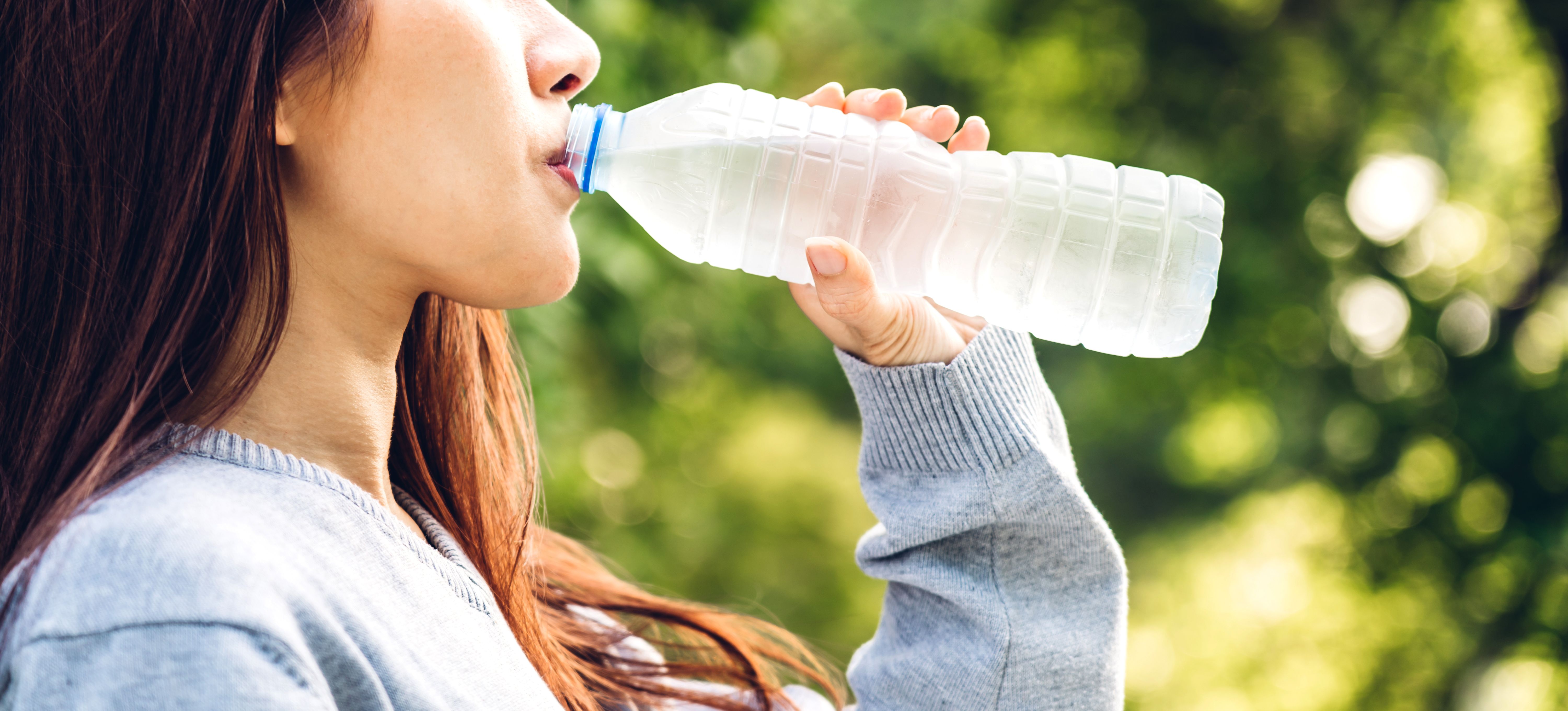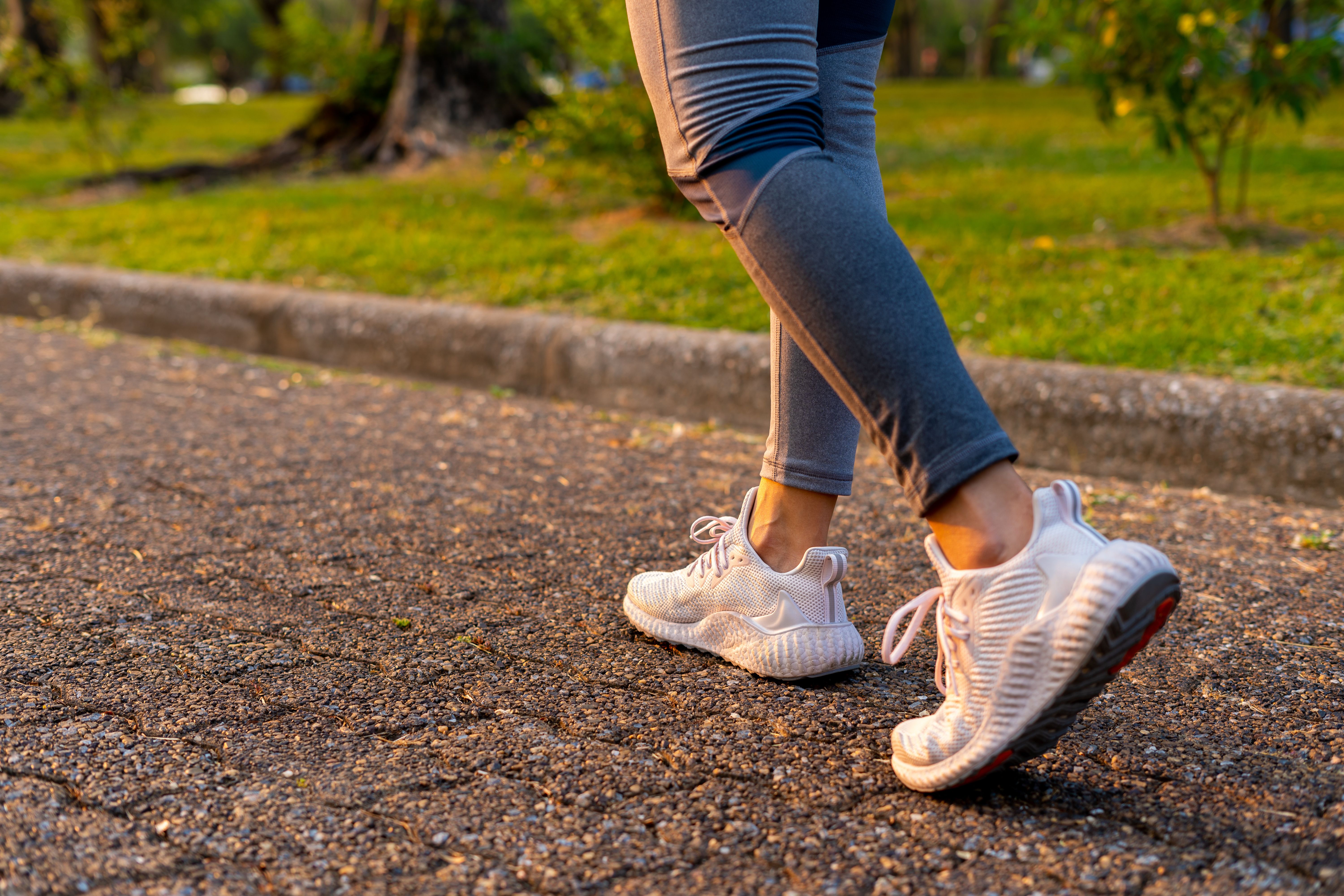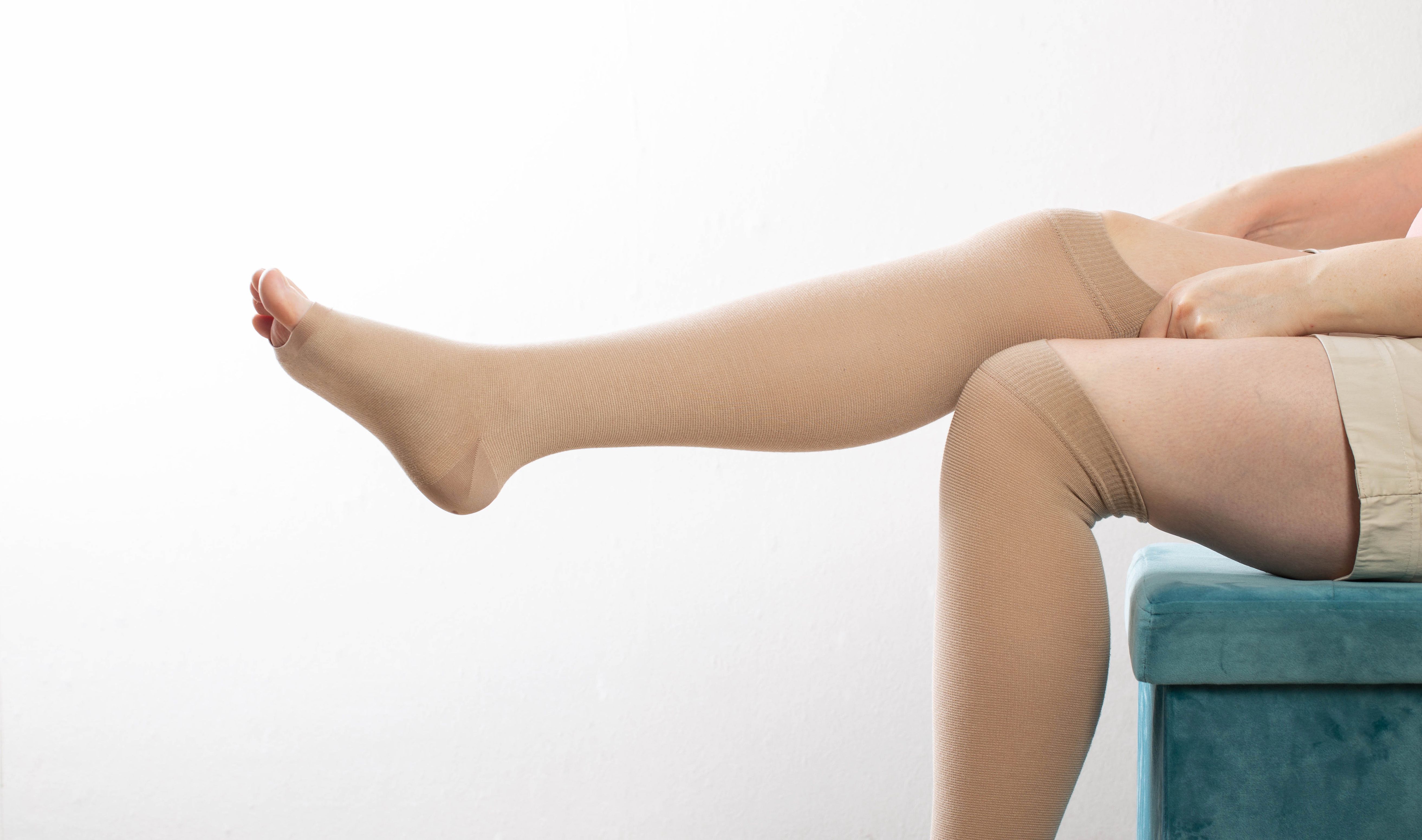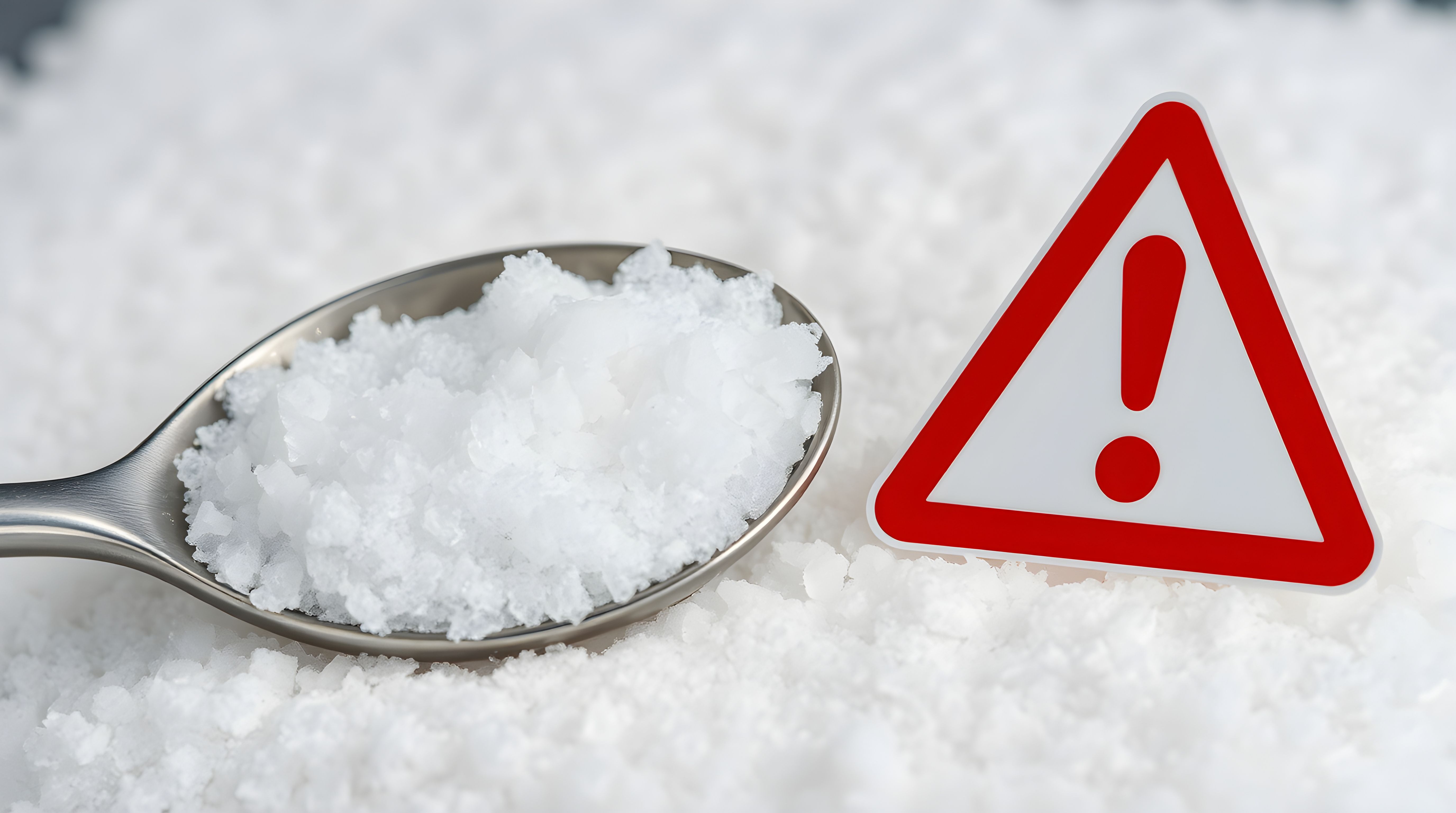Treatment of Chronic Venous Disease
Varicose Veins
Prevention of Chronic Venous Disease
6/25/2025
5 Chronic Venous Disease Care Tips During the Amihan Season
Overview
Colder temperatures can constrict blood vessels, reducing circulation and worsening conditions like varicose veins and chronic venous insufficiency (CVI), but following key venous health tips can help manage symptoms and improve blood flow.
- These care tips include staying hydrated, exercising regularly, wearing compression stockings, managing salt intake, and elevating your legs.
- Following these chronic venous tips can help manage CVI symptoms and support healthy circulation throughout the Amihan season.
Introduction
Weather changes can affect blood flow and vein health, potentially worsening conditions like spider veins and varicose veins. Cold temperatures, for instance, can cause blood vessels to constrict, reducing circulation and making chronic venous insufficiency (CVI) symptoms, like swelling and discomfort, more noticeable.
This is especially common during the Amihan season, which lasts from mid-October to March, peaking between December and February. Cooler weather can slow blood circulation, causing leg discomfort and fatigue.
To help manage these concerns, here are some chronic venous tips for the Amihan season to support better circulation and relieve symptoms during this time.

Stay Hydrated
Proper hydration supports healthy circulation, helping to reduce swelling, discomfort, and sluggish blood flow1. The blood thickens when the body lacks enough fluids, making it harder for veins to function efficiently. This increases the risk of complications like blood clots.
During cooler months, it’s easy to overlook hydration since thirst signals are less noticeable. Additionally, the dry air can contribute to dehydration, which may worsen CVI symptoms.
To stay properly hydrated, aim for at least eight–10 glasses of water daily. You can also incorporate hydrating foods like watermelon, oranges, cucumbers, and bell peppers into your diet2. Warm fluids, such as herbal teas and broths, can provide hydration and comfort in colder temperatures.
Limiting caffeine and alcohol intake can further support hydration, as both can contribute to fluid loss3. By staying mindful of your fluid intake, you can help maintain healthy circulation and keep CVI symptoms under control throughout the Amihan season.

Exercise Regularly
Keeping your body active improves circulation4, which is especially important for managing chronic venous insufficiency (CVI) and preventing blood from pooling in the legs.
Simple leg exercises, especially those that strengthen your calf muscles, can help reduce swelling and discomfort. Since calves can push blood back up to your heart, keeping them active can make a big difference in easing CVI symptoms.
Here are some easy exercises to try:
- Walking: A simple, low-impact way to boost circulation and reduce swelling. Try a brisk 30-minute walk each day.
- Leg Lifts: Raise one leg at a time while lying down to stretch and engage your calves.
- Foot Rocking: Move your feet back and forth while sitting or standing to improve blood flow.
- Calf Raises: Strengthen your calves to help pump blood back to your heart.
Check with your doctor before starting a new exercise routine. Staying active this Amihan season can help keep your legs comfortable and supported.

Wear Compression Stockings
Compression stockings are designed to gently squeeze your legs, helping blood flow back to the heart. This can improve circulation and reduce swelling, making them a helpful option for managing varicose veins and leg discomfort.
By applying light pressure, compression stockings support weakened veins and help reduce swelling and heaviness in the legs. They come in various compression, with Class 1 stockings (18-21 mmHg) commonly used to ease varicose vein symptoms, improve circulation when sitting or standing for long periods, and prevent leg swelling during travel.
While they can help with swelling and discomfort, they don’t address the root cause of CVI. For better symptom relief, they can be used alongside medications5 like Diosmin + Hesperidin (Daflon® 1000). Studies have shown that Diosmin + Hesperidin (Daflon® 1000) mg has therapeutic benefits in managing CVI, helping to improve circulation and reduce symptoms6.

Manage Salt Intake
The cooler temperatures during the Amihan season can cause blood vessels to constrict, making it harder for blood to circulate properly. If your diet is high in salt7, your body retains more water, increasing blood volume and putting extra pressure on your veins. This can worsen CVI symptoms, like swelling and heaviness in the legs.
Over time, high blood pressure from excess salt can stretch blood vessel walls, weaken vein valves, and contribute to plaque buildup, further restricting circulation8. It can also impair blood vessel function, making them stiffer and increasing the risk of cardiovascular issues.

Elevate Your Legs
Elevating your legs above heart level helps blood flow more easily from your lower extremities back to your heart9. This reduces hydrostatic pressure in the veins, relieving strain on the valves and easing circulation. During the Amihan season, cooler temperatures can lead to reduced physical activity, which may cause blood to pool in the legs. Leg elevation can help counteract this by promoting better circulation and preventing fluid buildup that leads to swelling and discomfort. It also supports lymphatic drainage, aiding in toxin removal and reducing inflammation.
If you spend long periods sitting or standing, blood can accumulate in the veins, increasing pressure and contributing to varicose veins. Elevating your legs for 15-30 minutes several times a day helps drain excess blood, relieving this pressure and reducing the risk of complications. Use pillows or a recliner to achieve the right height. While leg elevation is beneficial, it should be combined with regular movement and exercise to keep circulation strong throughout the Amihan season.
Key Takeaway
By following these steps, you can manage CVD symptoms effectively and maintain healthy circulation throughout the Amihan season.
For effective relief from chronic venous insufficiency (CVI), consider Diosmin + Hesperidin (Daflon® 1000), a trusted option for improving vascular health and reducing symptoms.
REFERENCES
- https://veinreliever.com/dos-and-donts-healthy-veins/
- https://www.metroveincenters.com/blog/vein-health-nutrition
- https://pubmed.ncbi.nlm.nih.gov/19774754/
- https://pmc.ncbi.nlm.nih.gov/articles/PMC6463841/
- https://pubmed.ncbi.nlm.nih.gov/11510597/
- https://pubmed.ncbi.nlm.nih.gov/16193222/
- https://pmc.ncbi.nlm.nih.gov/articles/PMC5431073/
- https://www.stridecare.com/blog/how-salt-effects-vein-care/
- https://www.healthline.com/health/elevating-legs
2026